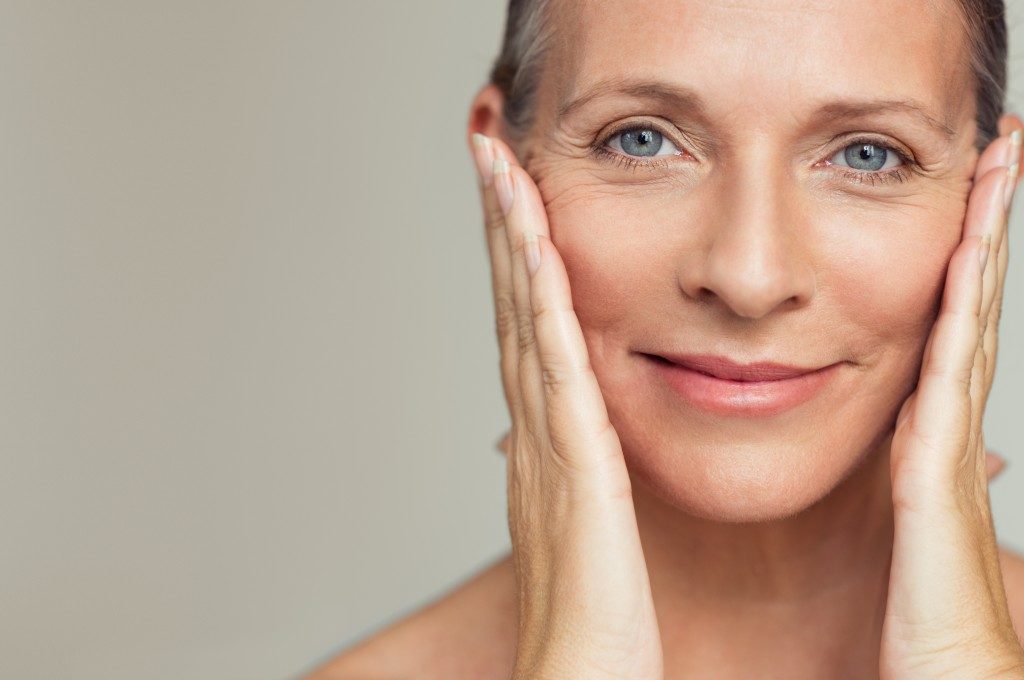Your skin naturally thins as you age, or due to sun damage, medicines or certain lifestyle factors. You’ll first notice the skin on your hands thinning followed by the skin on your legs and arms. You may also notice that you bruise more easily. If these happen, you should visit your dermatologist or esthetician here in Utah.
While thin skin isn’t typically reversible, you can take specific steps to strengthen and safeguard your skin to prevent further thinning or complications.
What Exactly is “Thin Skin?”
Essentially, the skin in some parts of your body is inherently thinner than in other body parts. But when you have thin skin, it simply means that your epidermis, which is your skin’s outer layer, isn’t as thick as it’s supposed to be.
Your hypodermis, which is the skin layer that stores fat, may likewise lack enough fat, making this layer thinner as well. You may notice that your skin is more transparent that you can see your veins, tendons, or bone more clearly. Having thinner skin doesn’t automatically mean that you have a skin problem.
You may, however, notice that your skin gets bruised or damaged more easily.
Common Causes of Thin Skin

The following are the most common causes of thin skin:
- Aging – This is the number one cause of thinning skin in most people simply because it’s part of the natural aging process, along with easily damaged, dry skin, reduced elasticity, and wrinkles.
- Sun exposure – Put simply, unprotected exposure to UVB and UVA rays can damage or kill healthy skin cells.
- Alcohol consumption and smoking – These could both hasten the aging process and over time contribute to thinning of your skin.
- Corticosteroid creams and ointments – These make the epidermis’ skin cells smaller. They can likewise impact the tissues that connect the skin cells and make your skin look loose, lighter than your normal skin tone, and wrinkled. Corticosteroids that are applied topically are usually used for treating various skin issues like eczema, hives, and various forms of dermatitis. It is crucial to point out that topical steroids will only cause thinning if you utilize them for a lengthy period. That said, it’s vital to follow the directions for use to avoid thin skin. Fortunately, your skin will return to its natural state and thickness once you stop applying the corticosteroid topical. But this process could take a couple of weeks because your skin cells would need sufficient time to restore itself.
Should I Go to a Doctor for Thinning Skin?
In most cases, people won’t really need to visit a doctor if the cause of their thinning skin is due to aging, and if it doesn’t come with related health issues. On the other hand, if you find that you’re bruising or damaging your skin more often than usual, consult a doctor.
Do note though that there’s really no specific treatment for thinning skin so getting professional help to learn about the best preventive options is usually the best recourse.
In general, avoiding unprotected sun exposure and hydrating your skin properly can help prevent your skin from thinning further.
